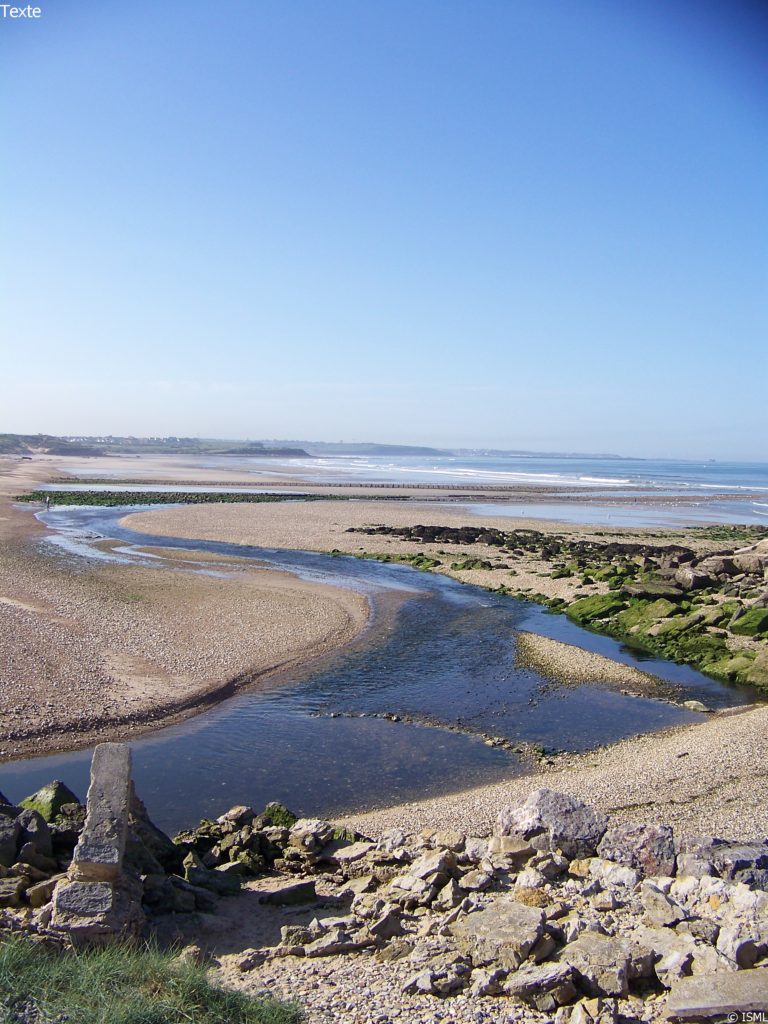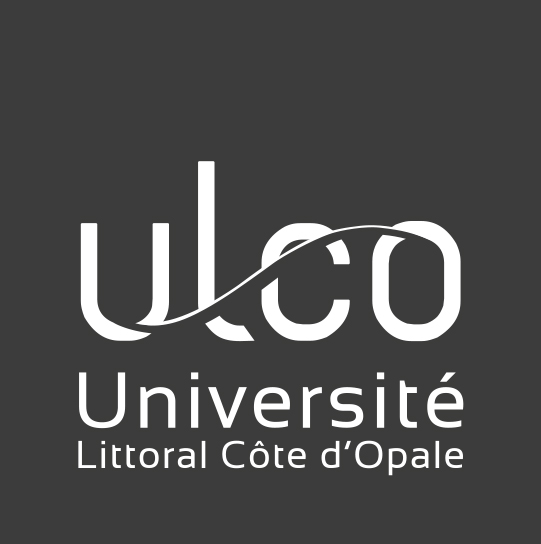The Universiy of “Littoral Côte d’Opale” is one of the first French universities to offer the mention
«Marine Sciences».
Master MARINE SCIENCES / Course Marine Ecology and Fisheries
The new training “Marine Ecology and Fisheries” is opening in September 2020 and will offer an innovative, diversified and customizable training in an attractive and fully immersive setting in the research environment and the socio-professional fabric of the maritime city of Boulogne sur mer.
Starting courses dates 2020-2021:
Fisrt year of the Master’s degree:
The M1 pre-entry will take place Thursday, September 3, 2020 at 9:30 am in room 109 in the premises of the ULCO in Boulogne-sur-Mer, building on stilts, on the site known as «Capécure» at the level of the ports on the banks of the Bassin Napoléon, quai Masset. The entrance hall is on the level of the 2nd door at the level of the bridge.
A positioning test in English is placed on Thursday, September 3 in the afternoon to determine the level groups.
Classes will begin on Friday 4 September.
Second year of the Master’s degree:
The M2 pre-entry will take place Friday, September 4, 2020 from 14h to 16h30 in Boulogne-sur-Mer (“Capécure” university center)

The course is built on an innovative architecture based on a system of “majors” and “minors” combining teaching modules from different academic disciplines and thus allowing students to build their personalised course according to their professional project.
Common lessons and “majors” teaching are mandatory. The choice of miners determines the coloration (ecology, fish/aquaculture, environmental expertise) that the student would like according to his professional project. In addition to the Master’s degree with the Marine Sciences mention and the course of Marine and Fisheries Ecology, the student will be awarded a certification according to the validation of miners that she/he had chosen.
Each student will be accompanied by a tutor along his or her course in order to be advised in the construction of his or her project and skills.
The courses are divided into Units of Education (UE) grouping components elements (EC).
The detailed study guide for the fisrt year is available here.
The detailed study guide for the second year will soon be available here.
The EU of common training and majors will necessarily be followed by all students.
Minors can be selected either by BCC or by EC in differents EU.
Common training 17 ECTS
Marine environment: resources and challenge S1 (1 ECTS) et S3 (2 ECTS)
Professional Personal Project S1 (2 ECTS) et S3 (2 ECTS)
Scientific Communication S2 (2 ECTS) et S3 (2 ECTS)
English S1 (3 ECTS) et S2 (3 ECTS)
Majors 48 ECTS (2 ou 3 ECTS par EC)
Structure and functioning of marine ecosystems (8 ECTS)
Structure and organisation of marine ecosystems S1
Food production and food webs S2
Functioning and dynamics of marine ecosystems S3
Biodiversity and conservation (8 ECTS)
Ecological methodology S1
Conservation and restoration S2
Bioindication, Biomonitoring and Ecotoxicology S3
Digital tools (8 ECTS)
Digital ecology S1
Biostatistics S2
Ecological modelling S3
Spatial analysis (8 ECTS)
GIS S1
Remote sensing S2
Marine spatial planning S3
Exploited Resource Management (8 ECTS)
Fisheries ecology S1
Inventory assessment and management S2
Ecosystem Approach to Fisheries S3
Biotechnology (8 ECTS)
Molecular Biology and Bioinformatics S1
Ecosystem analysis tools S2
Molecular Biology and Applied Bioinformatics S3
Minors 18 ECTS to be selected from the proposed EC
Interactions and processes (6 ECTS)
Major biogeochemical cycles S1
Biogeochemistry and flow in water column S2
Plankton interactions and processes S3
Aquaculture (6 ECTS)
The bases of aquaculture S1
Aquaculture Production S2
Integrated Aquaculture S3
Human – environment interaction (6 ECTS)
Global changes S1
Environmental Impact studies S2
Project Management S3
Quality and certification (6 ECTS)
Traceability S1
Standards and qualities S2
Industrial risk management S3
Physical oceanography (6 ECTS)
Ocean dynamics S1
Marine Optics S2
Physical-Biological Linkage S3
Economy and markets (6 ECTS)
Marketing and behaviour S1
Accounting S2
Transformation and valuation S3
Geomorphology and coastal planning (6 ECTS)
Coastal Geomorphology S1
Coastal planning and risk management S2
Observation and cartography of the coastal evolution S3
Law of the Sea and the Marine Environment (6 ECTS)
Law of the sea and fisheries S1
Sea policies S2
Marine and coastal environmental law S3
Internship « M1 » 7 ECTS
Internship « M2 » 30 ECTS

